In a time of finance bro podcasters shouting about fiscal domination (“Crush your debt!”), six books by first-time authors offer kinder, gentler advice that’s focused on banishing self-blame and setting human-size goals.
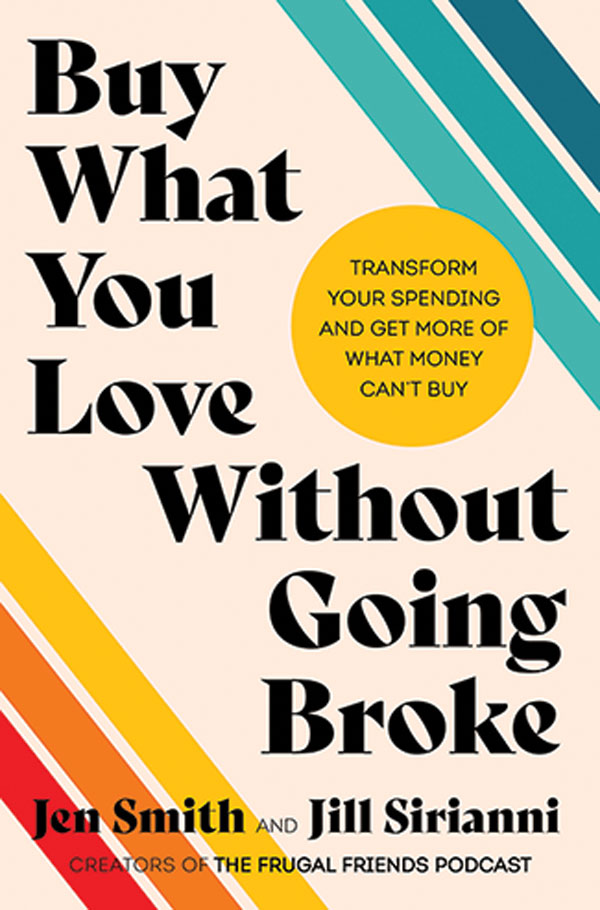
Buy What You Love Without Going Broke
The cohosts of the Frugal Friends podcast assure readers that while everything they want may not be within reach, the things they truly value can be, whether that means a daily indulgence or a long-term goal. Smith and Sirianni, who between them have paid off $138,000 in debt on unspectacular salaries, coach readers on curbing impulse spending without self-excoriation and setting a financially sustainable path.
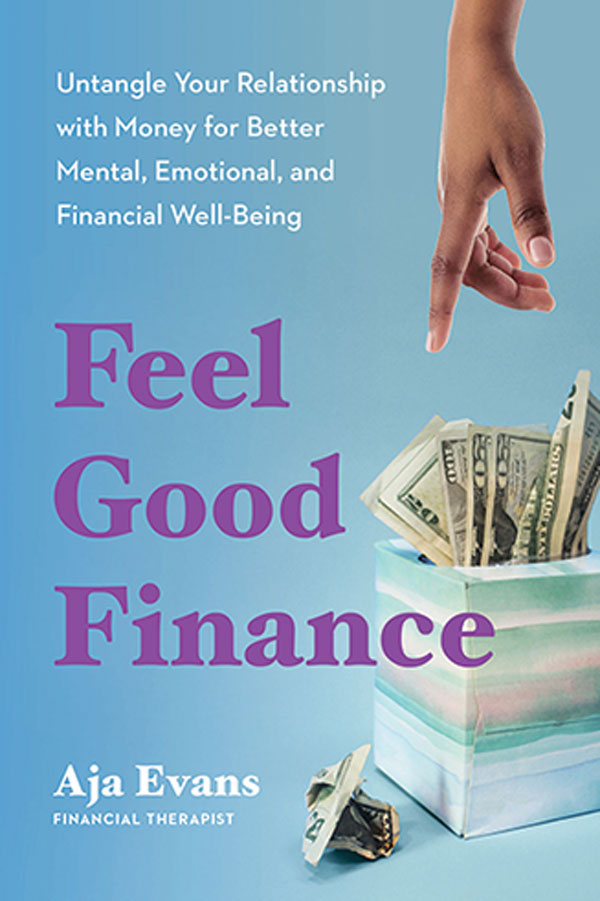
Feel-Good Finance
Licensed financial therapist Evans aims beyond financial comfort for financial empowerment. She identifies six common financial attitudes (“If I don’t look at it, it will go away”; “I need to keep up with the Joneses”) and their psychological underpinnings, encouraging readers to face their fears about money, learn to talk about it without shame, and reject lessons of inadequacy or discomfort learned in childhood.
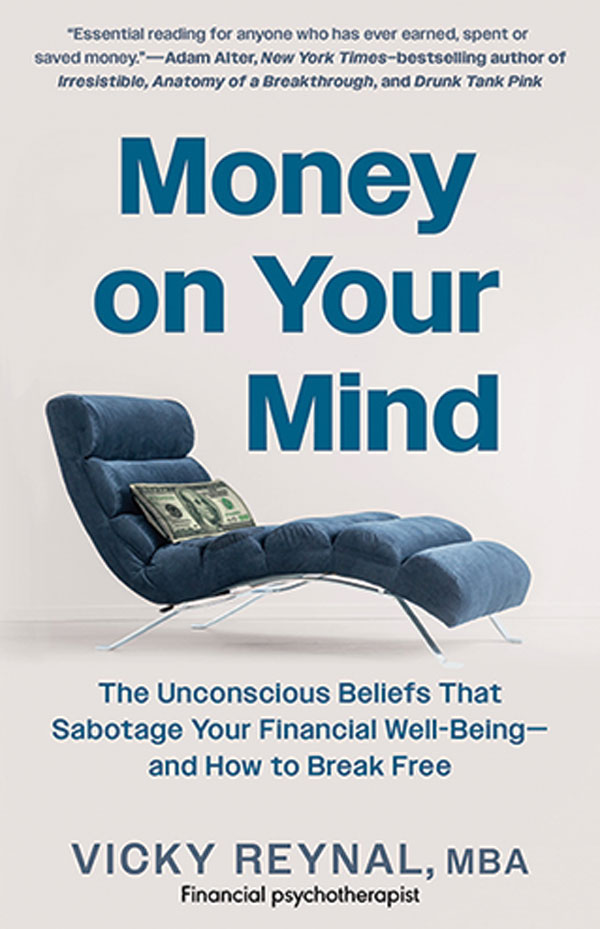
Money on Your Mind
Money isn’t just a tool to pay for needs and wants, according to financial psychotherapist Reynal. It’s a repository for a host of emotions including shame, doubt, and fear. Getting a handle on out-of-control spending, mounting debt, and other unhealthy ways of managing finances, she writes, means first identifying the internal barriers to financial freedom, which may stem from parental neglect, childhood
bullying, or another formative experience.
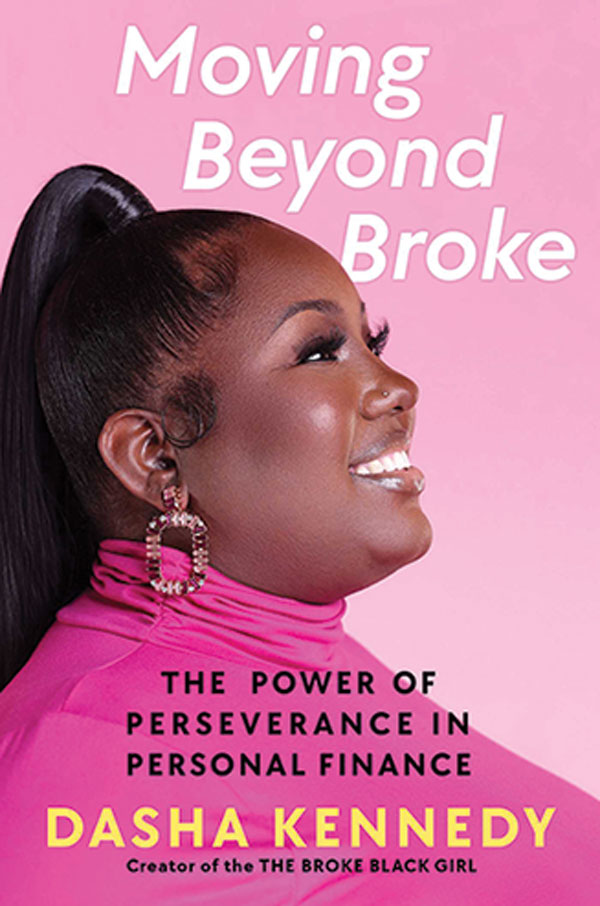
Moving Beyond Broke
Frustrated by a financial advice community that didn’t speak to people like her, Kennedy started the online community The Broke Black Girl. In her book, she uses her story of finding financial independence to inspire others, emphasizing the importance of getting past guilt and shame over past mistakes, and learning the money-management skills necessary to avoid making new ones.
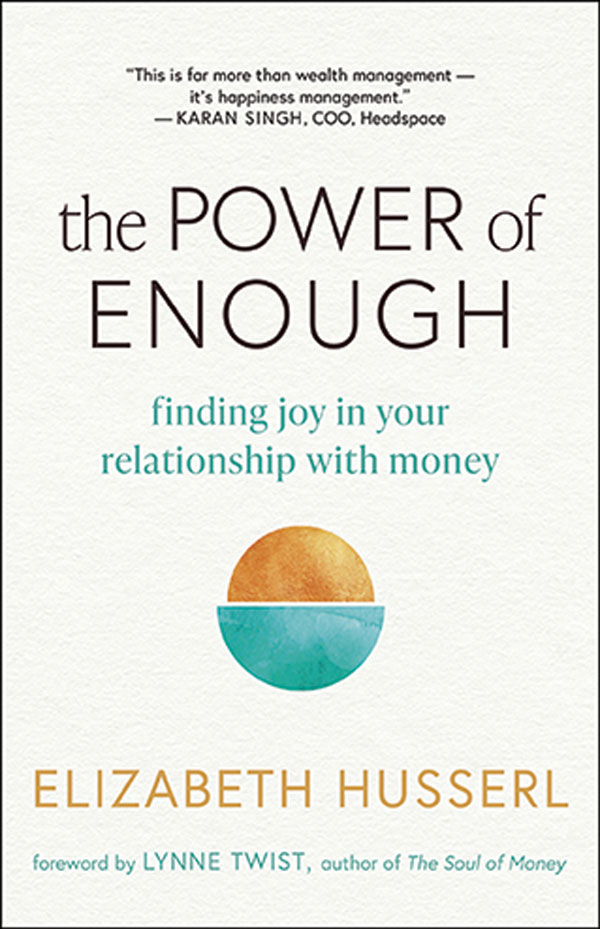
The Power of Enough
Financial stability is one marker along the path to wholeness, but it won’t get you the whole way, according to registered investment adviser Husserl. A key element of feeling at ease and secure is shifting one’s mindset to let go of blame and shame, redefine success, and heal money trauma, she writes, outlining the ways in which psychology can affect the way high earners and average workers alike spend, save, and manage money.
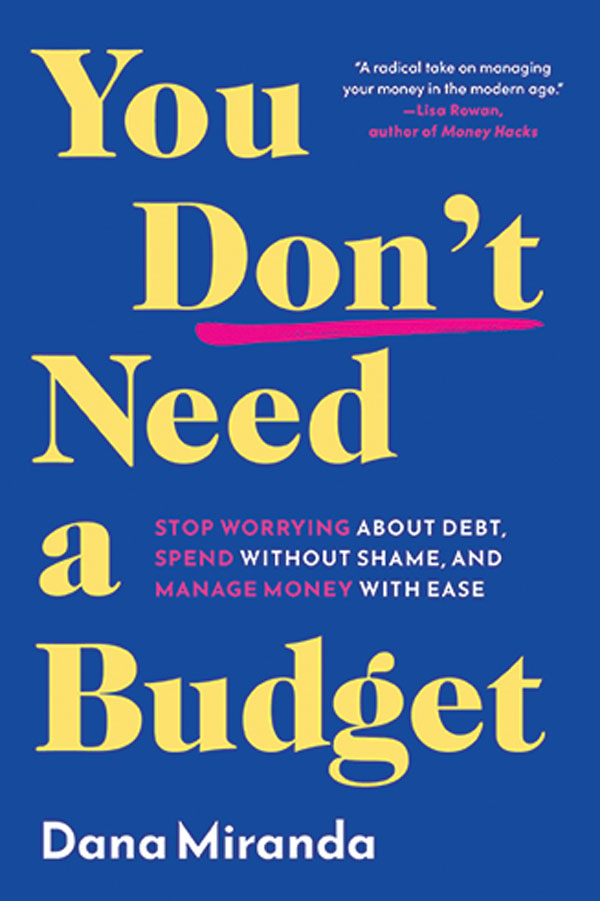
You Don’t Need a Budget
The creator of the Healthy Rich newsletter (“money talk for misfits”) likens budget culture to diet culture: an unnecessarily shaming, stringent lifestyle that hampers joy without creating sustainable change. Offering counterintuitive advice such as “you don’t have to live debt-free” and “you don’t have to pay all your bills” (just be sure you understand the consequences), she boils down her plan to EASY: earn, automate, save, and yield—and eschew the more damaging lessons of capitalism, while you’re at it.








